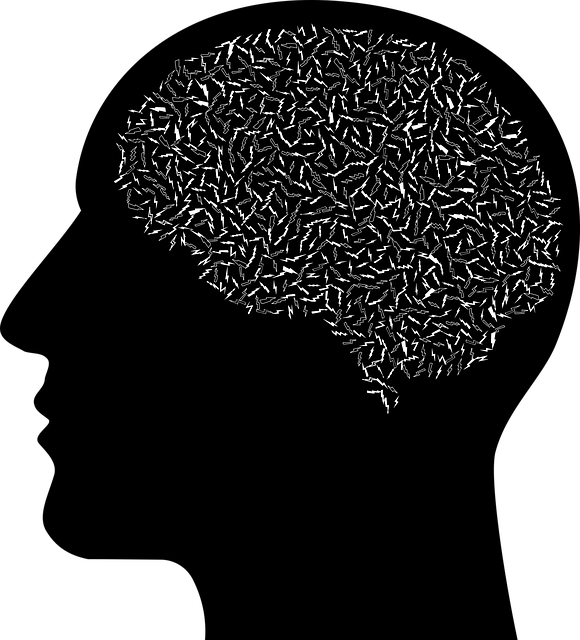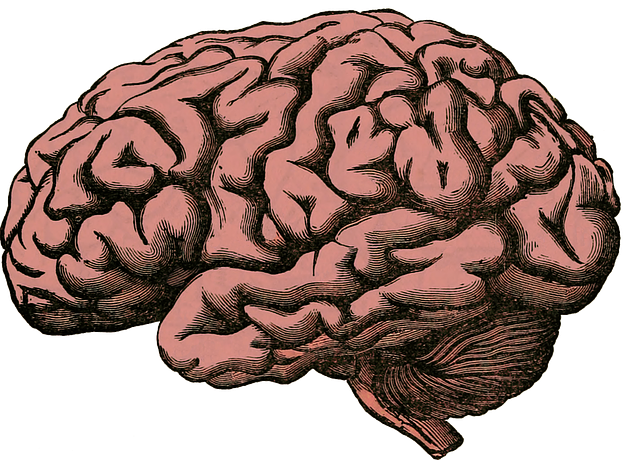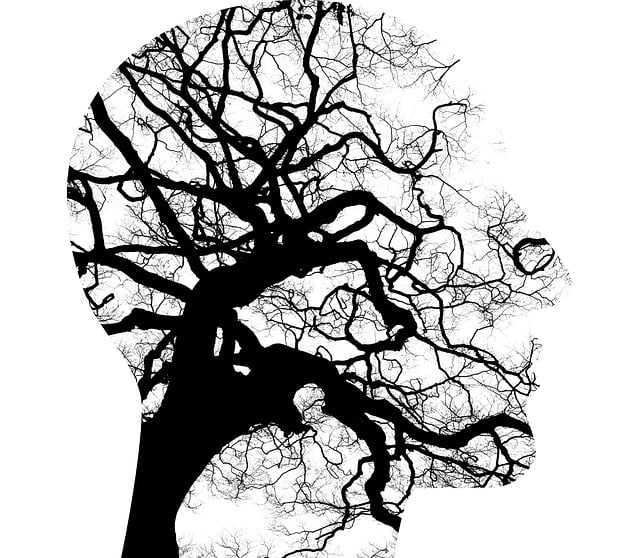Louisville Sexual Addiction Therapy leverages program evaluation as a powerful tool within the mental wellness field, ensuring effective resource allocation and client outcome improvements. Through detailed client assessments, comprehensive program structure analyses, and ongoing feedback mechanisms, they measure treatment effectiveness, identify areas for growth, and inform Mental Wellness Coaching Program Development. Integrating both quantitative (surveys, statistical models) and qualitative (interviews, focus groups) data collection methods provides a holistic evaluation, guiding improvements in mental healthcare practices, particularly regarding Emotional Regulation, Burnout Prevention, cultural sensitivity, and mind over matter strategies. Evaluation findings drive continuous program enhancements, ensuring Louisville Sexual Addiction Therapy's services remain tailored, effective, and responsive to individual client needs.
Evaluating mental wellness programs, especially those focused on complex issues like sexual addiction, is paramount for ensuring effectiveness and client-centered care. This article explores the critical components of program evaluation, with a specific lens on Louisville Sexual Addiction Therapy initiatives. We delve into key methods, from comprehensive data analysis to leveraging client feedback, offering insights that drive continuous improvement in services. Understanding the need for evaluation and adopting best practices are essential steps towards enhancing the lives of individuals seeking support.
- Understanding the Need for Program Evaluation in Mental Health
- Key Methods for Assessing Louisville Sexual Addiction Therapy Programs
- The Role of Client Feedback and Testimonials
- Data Analysis Techniques to Measure Program Effectiveness
- Continuous Improvement: Using Evaluation Findings to Enhance Services
Understanding the Need for Program Evaluation in Mental Health

In the realm of mental wellness, particularly within specialized programs like Louisville Sexual Addiction Therapy, evaluating the effectiveness and impact of therapeutic interventions is paramount. Program evaluation serves as a crucial compass, guiding practitioners and organizations to navigate the complex landscape of mental health care. It ensures that resources are allocated efficiently, treatments are evidence-based, and ultimately, it contributes to the overall enhancement of client outcomes.
By implementing rigorous evaluation methods, Louisville Sexual Addiction Therapy can assess the success rates of its programs in fostering emotional well-being promotion techniques and mood management skills among participants. This data is invaluable for identifying areas of improvement, refining therapeutic approaches, and tailoring interventions to meet the unique needs of individuals seeking support. Moreover, evaluating these programs enhances transparency, allowing stakeholders to make informed decisions and potentially shaping future practices in mental wellness management, including emotional intelligence development strategies.
Key Methods for Assessing Louisville Sexual Addiction Therapy Programs

Evaluating Louisville Sexual Addiction Therapy programs requires a multifaceted approach to ensure effectiveness and client satisfaction. Key methods include comprehensive client assessments that capture both initial needs and progress over time. This involves qualitative and quantitative measures, such as interviews, surveys, and standardized tools designed to assess sexual behaviors, emotions, and relationships. By understanding clients’ unique backgrounds, therapists can tailor interventions that address specific aspects of sexual addiction, including compulsive behaviors, underlying emotional dysregulation, and interpersonal dynamics.
Additionally, the assessment should consider the program’s overall structure and delivery, looking at factors like therapist training, treatment modalities, group size, and session frequency. Monitoring client outcomes through regular feedback mechanisms, such as ongoing evaluations and post-program follow-ups, is crucial for identifying what works well and areas needing improvement. This continuous evaluation informs the Mental Wellness Coaching Programs Development, fostering a cycle of refinement that helps maintain high standards in Louisville Sexual Addiction Therapy and promotes Burnout Prevention among practitioners. Emphasizing Emotional Regulation as a core component of therapy ensures clients gain lasting skills to manage their sexual health and overall mental wellness.
The Role of Client Feedback and Testimonials

Client feedback and testimonials play a pivotal role in evaluating and enhancing mental wellness programs, including those offered by Louisville Sexual Addiction Therapy. Gathering insights directly from program participants provides valuable data on the effectiveness, relevance, and impact of the initiatives undertaken. This qualitative information offers a nuanced understanding of clients’ experiences, helping therapists and program designers make informed adjustments to meet their unique needs.
By incorporating client feedback, Louisville Sexual Addiction Therapy’s Community Outreach Program Implementation and Mental Health Education Programs Design can be tailored to address specific challenges faced by individuals seeking support for issues like stress management. Testimonials highlight successful outcomes, areas of improvement, and the overall satisfaction of participants, ensuring that programs remain relevant, engaging, and beneficial in a dynamic therapeutic landscape.
Data Analysis Techniques to Measure Program Effectiveness

Evaluating the effectiveness of mental wellness programs, such as Louisville Sexual Addiction Therapy, involves employing robust data analysis techniques to uncover meaningful insights and ensure positive outcomes for participants. Quantitative methods play a pivotal role in measuring program success by collecting and interpreting numerical data through surveys, questionnaires, and statistical models. This approach allows researchers and healthcare providers to identify trends, track progress, and compare results against established benchmarks. For instance, assessing the impact of cultural sensitivity training, like those offered in Healthcare Provider Cultural Competency Training programs, can be quantified through pre-post tests measuring participants’ cultural awareness and knowledge retention.
Additionally, qualitative data analysis techniques offer a nuanced perspective by exploring individuals’ experiences, perceptions, and reflections. Methods such as focus groups, interviews, and participant journals enable researchers to delve into the subjective aspects of program effectiveness, including personal growth, improved coping mechanisms, and enhanced overall well-being. Integrating these qualitative insights alongside quantitative findings provides a comprehensive evaluation, highlighting areas of success and potential improvements in mental healthcare practices, especially when considering Cultural Sensitivity in Mental Healthcare Practice and Mind Over Matter Principles.
Continuous Improvement: Using Evaluation Findings to Enhance Services

Evaluation findings play a pivotal role in fostering continuous improvement within mental wellness programs, including those offered by Louisville Sexual Addiction Therapy. By systematically analyzing the impact of interventions, therapists and program coordinators can identify areas that require enhancement. This data-driven approach allows for evidence-based adjustments to treatment modalities, ensuring services remain effective and tailored to the unique needs of clients.
For instance, through ongoing evaluation, a community outreach program implementation team might uncover successful communication strategies that resonate with diverse populations. Similarly, Mental Health Policy Analysis and Advocacy efforts can be informed by assessment results, leading to policy changes that better support individuals seeking mental health services. This iterative process of evaluating, learning, and adapting is essential for optimizing care delivery in the complex landscape of mental wellness programming.
Louisville Sexual Addiction Therapy programs greatly benefit from a comprehensive evaluation process, ensuring their effectiveness and continuous improvement. By employing key methods like client feedback, detailed data analysis, and strategic integration of findings, these programs can enhance their services, better support individuals seeking recovery, and ultimately contribute to improved mental wellness outcomes in the community.














